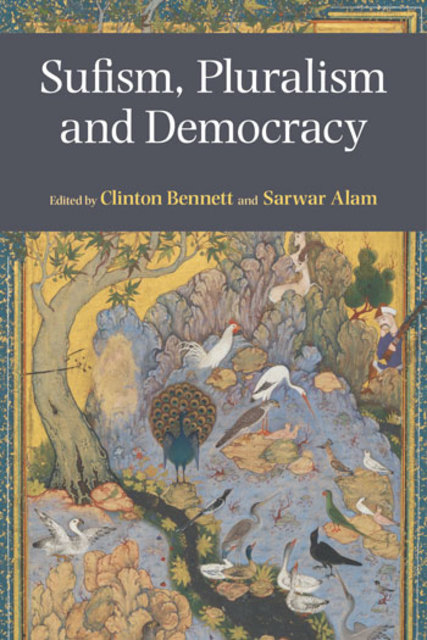Bennett & Alam/Sufism, Pluralism & Democracy, 4. Sufi Politics in the Contemporary West

Full description
Sufi ideas about altruism and universalism did not emerge in a vacuum. Applying Trompf’s notion of ‘payback’ and ‘retributive logic’ (1994), it is argued that the egalitarian and liberal worldview of Sufism is pertinent to a charged socio-political atmosphere. This chapter offers further contextualization by examining some of the Sufi publications of Javad Nurbakhsh (1926-2008), the late master of the Persian Sufi tradition, the Nimatullahi Khaniqahi Sufi order, during the 1990s. This paper also focuses on some elements of his writings, in particular, Nurbakhsh’s adaptation of Sufi material for a more democratic Sufi outlook. Most importantly, the modern history of the Nimatullahiya, under Nurbakhsh’s leadership (1953-2008) (self-exiled after the 1979 Revolution), demonstrates the strains of domestic politics upon liberal interpretation of Islam, and the need for Iranian Sufis to seek sanctuary within Western democratic societies.
- typeImage
- created on
- file formatjpeg
- file size65 KB
- container titleSufism, Pluralism and Democracy
- creatorMilad Milani
- isbn9781781796108 (eBook)
- publisherEquinox Publishing Ltd.
- publisher placeSheffield, United Kingdom
- rightsEquinox Publishing Ltd.
- doi
We use cookies to analyze our traffic. Please decide if you are willing to accept cookies from our website. You can change this setting anytime in Privacy Settings.
